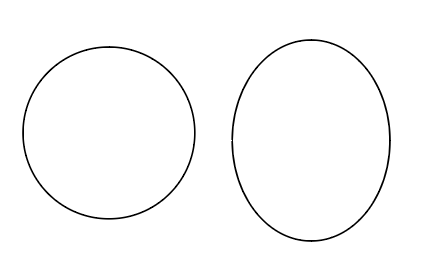Round cards represent a distinctive and unconventional design choice in the realm of playing cards, deviating from the traditional rectangular format. This unique approach offers a range of creative and
practical considerations that contribute to a novel and visually appealing gaming experience. Here are key aspects and considerations associated with round cards:

Distinctive Aesthetic Appeal:
The primary feature of round cards is their distinctive aesthetic appeal. The circular shape stands out from the typical rectangular cards, providing a visually unique and unconventional look. This design
choice can be particularly impactful in games where visual aesthetics play a significant role.
Thematic Integration:
Round cards provide an opportunity for seamless thematic integration. The circular shape allows designers to align the cards with the theme of the game. For example, in games with a celestial or planetary
theme, round cards can mimic the shape of celestial bodies, enhancing the thematic immersion for players.
Enhanced Immersion and Atmosphere:
The unconventional shape of round cards contributes to an enhanced sense of immersion and atmosphere. Players may feel more connected to the game world when the cards mirror thematic elements.
This can create a more immersive and engaging gaming experience, especially in narrative-driven or thematic games.
Creative Possibilities:
The circular shape of these cards opens up creative possibilities for designers. They can experiment with innovative and intricate designs that utilize the entire circular surface. This allows for artistic freedom
and expression in the creation of game components.
Unique Card Handling:
Round cards introduce a unique handling experience for players. The circular shape may impact how players shuffle, deal, and hold the cards. This novel handling aspect can add a layer of interest and tactile
engagement to the gaming experience.
Challenges in Manufacturing:
While offering creative possibilities, manufacturing round cards may pose certain challenges. Standard card manufacturing processes are tailored for rectangular shapes, and producing round cards may
require specialized equipment or processes. Designers need to consider the feasibility and cost implications of manufacturing round cards.
Storage Considerations:
Round cards may require different storage solutions compared to traditional rectangular cards. Traditional card storage methods, such as card boxes, may need to be adapted to accommodate the circular
shape. Designers should consider the practicalities of storing and organizing round cards.
Collectibility and Uniqueness:
Round cards can enhance the collectibility and uniqueness of a deck. The unconventional shape adds to the perceived value of the cards, making them stand out among collectors. This uniqueness can
contribute to the appeal of a deck among gaming enthusiasts.
In conclusion, round cards bring a refreshing and unconventional element to playing card design. The distinctive aesthetic appeal, thematic integration, immersive atmosphere, creative possibilities, unique
handling experience, manufacturing challenges, storage considerations, and collectibility collectively contribute to the allure of round cards in tabletop gaming. Designers and players alike can explore this
unique design choice to create memorable and visually captivating gaming experiences.